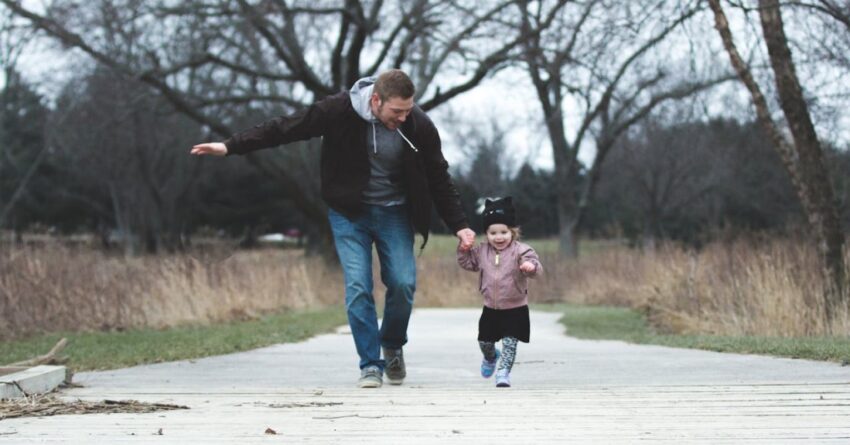By Annalise Caron, Ph.D.
The extremely overscheduled and busy lives parents tend to lead has led many of us to feel lonely and isolated. One psychological tendency that makes these feelings even worse is the fear of being negatively evaluated by others—which can be really intense for parents of teens and tweens. You might worry about what other parents will think of your parenting decisions and you also may fear what others think of your child.
Fear of social judgment can feel paralyzing: “What if I say the wrong thing?” “What if my daughter does that and they reject her?” “What if they think I’m a bad parent because my teen snuck alcohol?” “What if my son doesn’t excel at soccer and they don’t invite him to tryouts?”
These worried thoughts about others’ perceptions can lead parents (and their kids and teens) to avoid situations or avoid taking perceived risks. Underneath these behavioral avoidances is a sincere desire to be liked, or to do the “right thing” either for themselves or their child or teen. Unfortunately, that desire can undermine connecting with others or building supportive friendships with other adults. Parents may feel isolated and unsure of their decisions. Teens and tweens can feel judged or misunderstood by their parents, as well.
So, what can we do as parents to help ourselves (and our kids and teens) with other people’s judgments? Here are a few ideas to help tame your worries about other people’s opinions:
1. Am I being my best self?
Remember that you are the best determiner of your parenting decisions, not others. There is no one “right way” to do things. Answers to life’s questions are individual and context-dependent. Just because a neighbor allows their 8-year-old to have sleepovers, doesn’t mean that you have to do the same for your 13-year-old whose mood worsens with sleep deprivation. Trying out for the middle school soccer team may be right for one child and not another. Saying no to a social event when you are tired may be right for you.
The factors that go into your decision-making are yours, regardless of what another person may think about it. Check in with yourself, and ask, “…when I made that decision, was I being my best self and doing the right thing for me and/or my child or teen?” If your answer is yes, then no one else’s judgments of you or your decision matter.
2. Judgement is unavoidable, but also transient
We all make judgments. Judgments are useful in that they help us make decisions and keep us safe (e.g., that hill looks too icy to walk down; that person makes me feel uncomfortable, so I may keep a little distance). Given we all make judgments, we have to recognize that we can’t control the judgments of others, including our kids’ judgments. Those are theirs.
It is helpful to remember that judgments are also quick to come and quick to leave. Imagine the number of judgments you have made in your life that have passed. The judgments of others are not worth our time, as long as we are making decisions that are good for us and our families.
3. We are terrible mind-readers
What we think others are thinking is all made up. It is a guess. We have no idea what other people are thinking. Would we tell our newly driving teens to guess how far the drive to the dance is, or would we encourage them to gather data and Google map it before they go? Of course, they should map the route, and gather the facts.
Most of the time, what someone else thinks should not impact our decisions, if we are making the right choice for ourselves and our families. However, in situations where others’ judgments matter in our decision-making, let’s not guess—just ask them.
4. I will make the best decisions for my family, regardless of others’ judgments
Fear of others’ judgments of me or my parenting simply does not serve me. Whether it’s the neighbors, my in-laws, or anyone else, I will make a personal choice to not let my fear of social judgment or fear of making the “wrong” choice stop me from building the life that I want for myself and my family. I am the one that loses out when I let others’ judgments stop me or my child.
Parenting Essential Reads
5. Bring kindness and acceptance to other parents’ decisions, even if they are counter to your own
Dr. Suzanne Allen wrote a blog post that delves into the benefits of offering empathy and support to other parents, particularly those who may have a child or teen with a disability. You are likely not the only one feeling lonely and isolated in your parenting journey, and building a community of supportive and accepting parenting peers can help.
Keeping these perspectives in mind will help decrease your worries about what other people think. It’s not easy, but just about none of parenting is truly “easy” anyway. Can you see the silver lining here? The more your tweens and teens see you think and act independently of others, the more they will learn to do so themselves.
